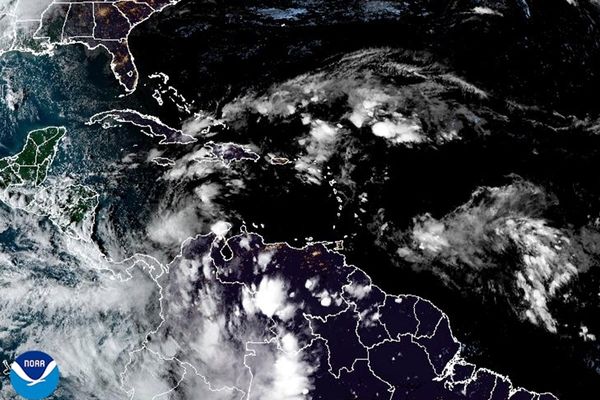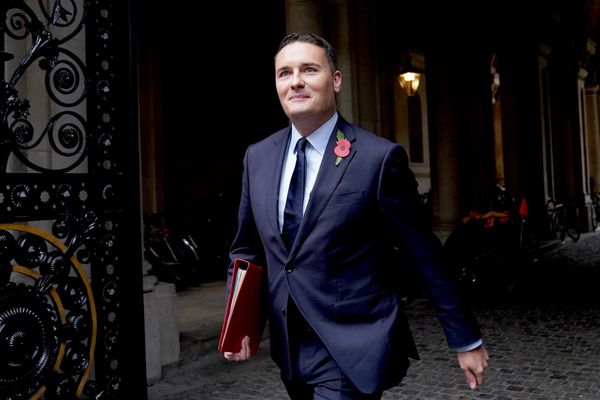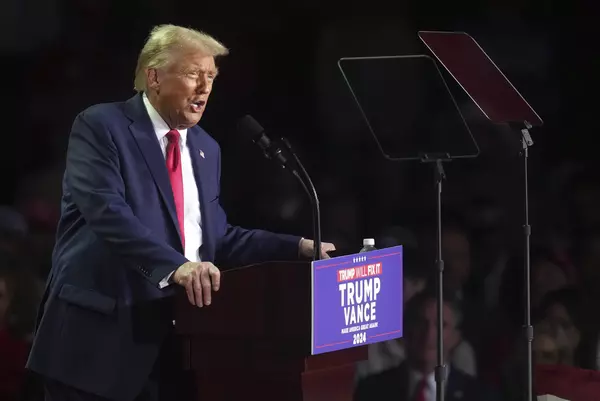The Supreme Court on Thursday gave Chief Justices of High Courts the responsibility to form a Special Bench each in their High Courts to maintain a constant vigil over the criminal trials of Members of Parliament and Legislative Assemblies, some of them accused of crimes punishable with death or life imprisonment, and ensure they reach the finish line.
A three-judge Bench headed by Chief Justice of India D.Y. Chandrachud, months ahead of the General Elections in 2024, spurred the State High Courts into action to prevent criminals from donning the mantle of lawmakers in the country.
“These cases have a direct bearing on our political democracy. Hence, there is a compelling need to make every effort to ensure that these cases are taken up on priority and decided expeditiously,” the court observed.
Amicus curiae Vijay Hansaria and advocate Ashwini Upadhyay, the petitioner, said 40% of the MPs and MLAs have criminal antecedents.
Delivering the verdict, Chief Justice Chandrachud said the High Courts were best suited for the role of monitoring the trials as they already had the power of superintendence over their respective district judiciary under Article 227 of the Constitution and could easily monitor the status of each case.
Stark differences
The court said it would be difficult to form uniform guidelines for trial courts across the country on how to deal with these cases. The judgment said there were stark differences in the actual number of cases pending between States and even districts within States. This is coupled with variations seen from court to court in the availability of judges, the caseload per judge, the speed at which the cases are decided, the state of physical and technological infrastructure, availability of prosecutors, deep-rooted and distinct practice and procedure followed.
The Supreme Court directed the Chief Justices of High Courts to register suo motu cases in their respective jurisdictions titled ‘In re: Designated courts for MPs and MLAs’ to monitor the early disposal of criminal cases pending against the Members of the Parliament and the State Legislative Assemblies.
The Special Bench of each High Court may either be headed by the Chief Justice or comprise judges assigned by the Chief Justice.
The High Courts should give Principal District Judges responsibility to allocate the cases to special designated courts for effective disposal of the pending criminal cases.
The designated trial courts should give first priority to cases concerning offences punishable with death or life imprisonment and then for five years’ imprisonment and other charges with lesser punishment. The courts should allow no adjournments unless in rare or compelling circumstances.
The Special Bench of a State should monitor the progress of the trials by listing the suo motu case at regular intervals and by asking for information from the Principal District Judges through status reports on the progress of the pending trial proceedings.
The Special Bench can avail of the assistance of the Advocate Generals of the States concerned and Public Prosecutors.
The High Courts should host an independent tab in their official websites providing district-wise details of the year of filing of the criminal cases against the legislators and the status of the trial.
The Chief Justices of High Courts should list and hear cases in which there was a stay of the trial passed by the Special Benches and pass appropriate orders, including vacation of the stay orders to ensure commencement and conclusion of the trial.







